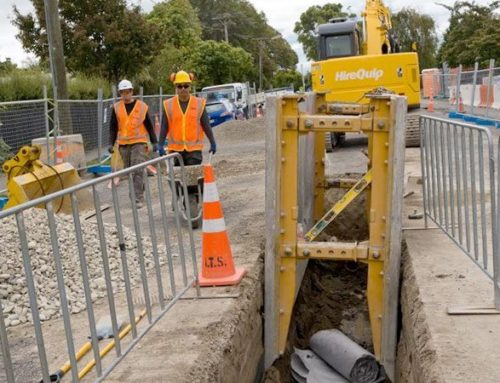
Primary and secondary school teaching posts are advertised in The Education Gazette which is published by the Ministry of Education and vacancies within universities and polytechnics are advertised in major papers and on the Websites of individual institutions.
Executive and professional management positions are generally handled by private recruitment agencies and most international placement agencies are represented in New Zealand.
Further contact information and advice for employment seekers is included in the Top Internet Contacts booklet included in our personalized New Zealand’s Information Network.
The Government’s social security agency, Work and Income, provide free job-seeking services for unemployed residents.
Applying For A Job
Employers will require that you understand and speak English. The standard of English demanded by most employers is much higher than the qualifying International English Language Testing System (IELTS) score required for permanent residence. The more skilled your job, the better your English will need to be. Consequently, even if you have scored 6.5 or higher in the IELTS, there is much to be gained from continuing to improve your skills in spoken and written English. A wide range of English language courses is available for all levels.
Your Skills & Qualifications
The New Zealand Qualifications Authority (NZQA) evaluates professional and academic qualifications. This is done on a comparative basis with similar New Zealand qualifications and determines whether or not overseas qualifications meet New Zealand standards. However, although NZQA evaluations are official assessments, they are not binding on employers, professional bodies or educational institutes. If your qualifications do not meet New Zealand standards, you may have to undertake extra study or retraining to secure the type of job you want. When coming to New Zealand for employment opportunities you should ensure that you bring original or certified copies of all certificates, diploma’s, degrees and professional qualifications with you, as these will need to be sighted by prospective employers.
CV’s/Resumes
When responding to a job advertisement in writing, you will be required to submit a curriculum vitae (CV) along with your letter of application.
Your CV should be brief, as most employers prefer CV’s of between 2 and 4 pages.
It should provide a concise summary of your contact details, NZ residence status, qualifications and computer skills, professional/trade skills, work experience and achievements and referee’s.
Professional/Trade Qualifications
Some employers require you to have professional registration even if this is not a legal requirement. Consequently, the status of your professional training and qualifications is extremely important. Although you may be professionally qualified in your home country and have practiced for a number of years, this does not mean your experience and qualifications will be recognized automatically in New Zealand.
Registration
Many professional and trades people (such as doctors, lawyers, plumbers and electricians) need to register with a Registration Board before they can work in New Zealand.






Leave A Comment